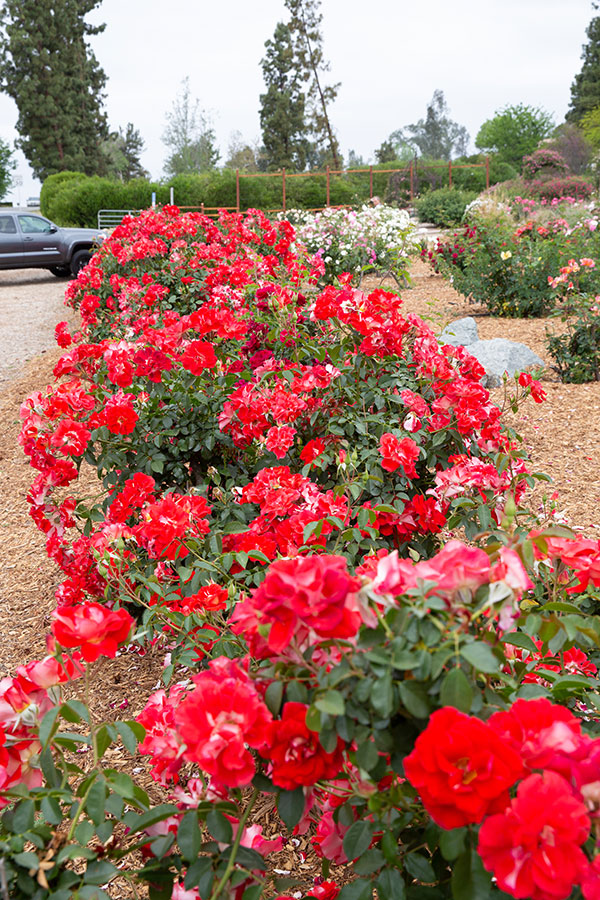Jill Selders, March 2022
Soil Farm Update
By Jill Selders
As the weather gets colder the cooking compost heats up with lots of organisms trying to keep warm by working hard. After Nardo and Monique turned the compost in C21 bin, the temperature rose from 80 to 146 overnight! Give those little bugs some oxygen and they pump up the work.
We need help on every level at the soil farm but we will need some training first. If you have not had the training, we do not want your scraps. Buckets of food scraps are fantastic if they are done properly by:
♦ Layering mulch, scraps, mulch, scraps
♦ Use the right scraps (See below)
♦ Don’t put in whole fruits and veggies but cut them at least in half
♦ You can also freeze food scraps (no need to layer) until you have time to bring them to the garden.
Also PLEASE REMOVE PRODUCE STICKERS — they belong in the trash.
The compost crew (and anyone interested) will meet at Rose Haven every 2nd Tuesday of the month From 9:00 a.m. to 1:00 p.m. You can pitch in and help, or just stand by to learn, and ask questions. The more people we have dropping off food scraps, the faster we can grow more nutrient rich compost soil.
The compost hub has been a great help in the recent plantings in the Peace and Friendship Garden; it will continue to be a benefit for Tree Of Life and in all areas of the garden as well as the community and the environment.
Our Pollinator Garden is off to a great start with the Back to Eden method of spreading mulch to amend the soil there. It will hold moisture in and encourage mycelium and microbes in the ground to loosen and feed the dirt there. The community volunteers plan to help finish the mulch covering project on March 5.
COMPOST SCRAPS – DO’S/DON’TS
♦ DO LIST – Vegetative scraps – Please remove stickers
♦ All parts of fruits and vegetables (no larger than 6″ long, 2″ wide)
♦ Avocado (All parts)
♦ Bread – (no butters or oils on it)
♦ Citrus
♦ Coffee Beans & Grounds (paper filters) no k-cups
♦ Egg shells (no yolks or whites)
♦ Flowers (cut to 6″ length)
♦ Pasta cooked/raw (no sauce)
♦ Plants (house, potted, in-ground)
♦ Cooked/uncooked rice (with no oils)
♦ Spoiled or moldy Items
♦ Tea bags (paper only)
♦ ** Onions & Garlic – small amounts okay
♦ House plants, garden plants cut to 6″
DON’T COMPOST LIST – non-vegetative scraps
♦ Bones
♦ Cheese, eggs
♦ Compostable paper products (glues & chemicals)
♦ Dairy
♦ Grease
♦ Leftovers (if cooked in oil or with animal products)
♦ Meat – cooked or uncooked
♦ Paper
♦ Pasta with Sauce
♦ Plate Scraps
♦ Produce Stickers
** Pine needles, Eucalyptus leaves – or tree parts. Note: These items can have a negative effect on microbes needed and make everything harder to break down. Grass clippings takes longer to break down, too.
